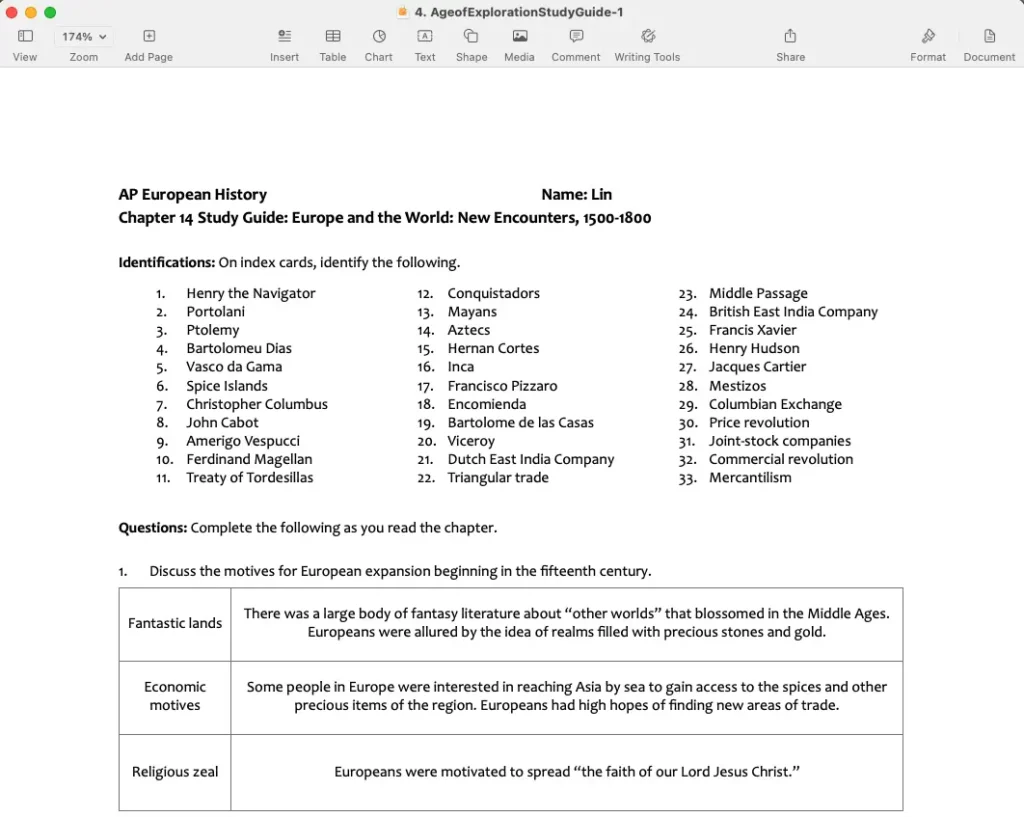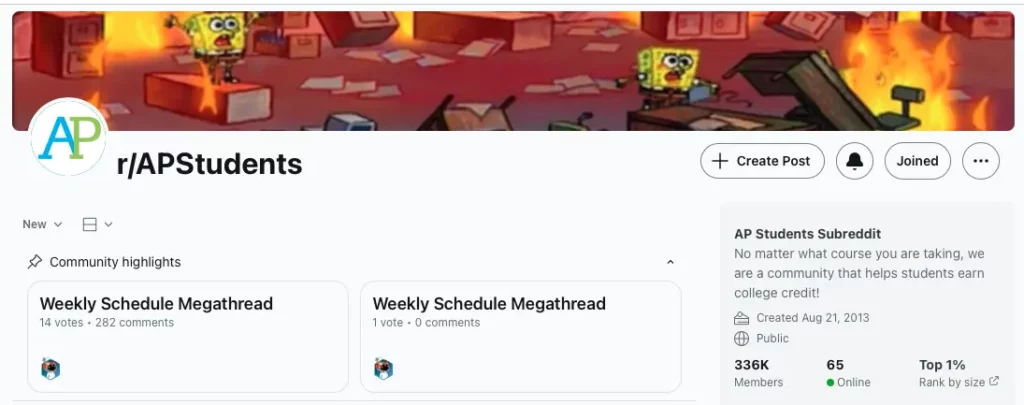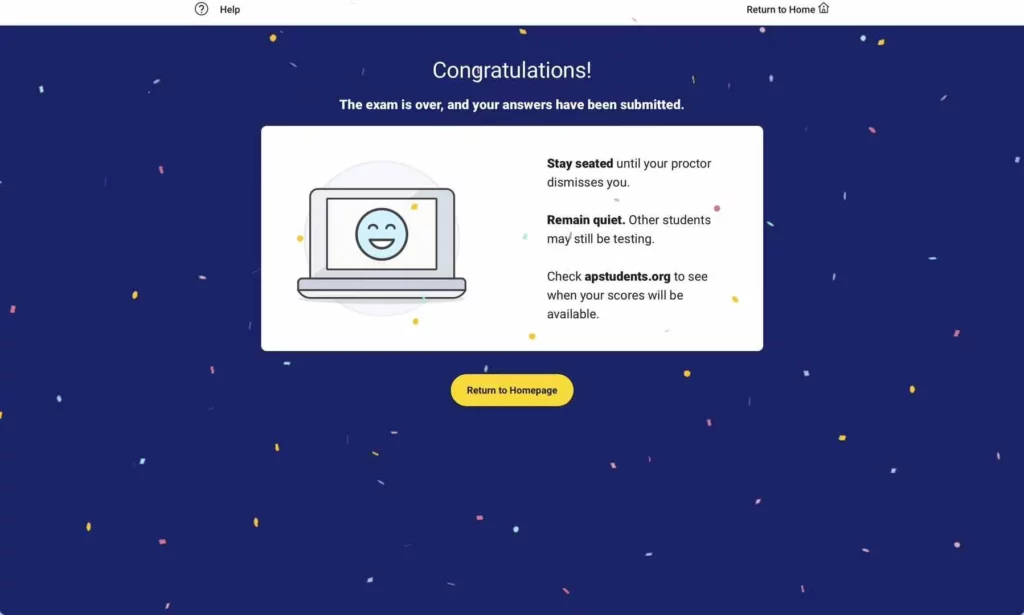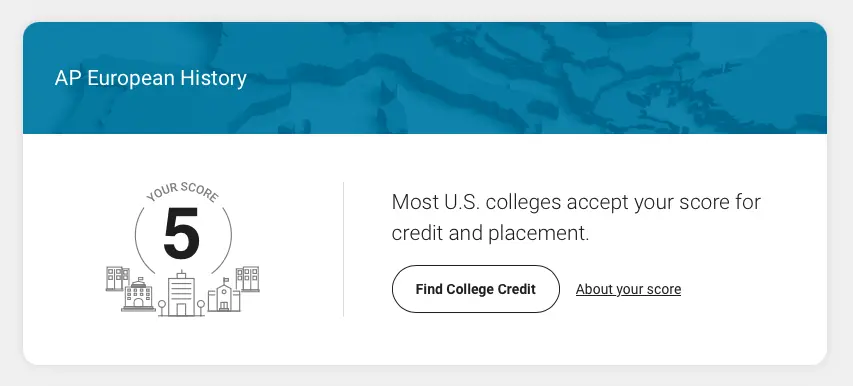This is a sequel to AP Seminar is Finally Over.
I took the AP European History exam on May 5. After the exam, I breathed a sigh of relief, knowing that I will never be tortured by the endless memorization and atrocious mock tests anymore.
The Classroom
I joined AP European History because I wanted to take an AP humanities course and because I wanted to add a harder class to my sophomore year mix. We only had two AP humanities at our school: AP European History and AP US History. I chose Euro for two reasons, one being that I felt like Europe has a deeper history than the US, so learning it would be more useful, and the other being that I thought there’d be fewer students in Euro than in APUSH, as was the case last year. And the exam didn’t even seem that hard; at least I convinced myself of it at the beginning of the school year. The multiple-choice section was strikingly similar to middle school history (pretty easy)—a stimulus material packed with a set of questions. And the writing section can be done by simply fitting a template.
But oh boy, it wasn’t as simple as I thought it would be. To start with, the lectures. Our instructor, Michael, has a very distinctive style of teaching. Every lecture, the classroom seemed to shrink as he made his slow, grand entrance. Most of the times, he projects a black-and-white set of bullet points on the screen. His eyes linger on one, then he turns to us and begins to explain, sometimes adding a funny anecdote as if he lived through history himself (he probably did, at least for some parts of it). Then his eyes return to the screen, settle on the next point, and the cycle begins again until the lecture is over.
Somehow, during almost every lecture, a wave of pain would radiate through my head, as I start to sob from gritty, weary eyes due to a lack of a mid-day nap (it didn’t help that most of the lectures are scheduled in the early afternoon). Sure, the anecdotes were fun, but most of the times—I’ll have to be frank—the lectures aren’t very interesting. There were no visuals, no questions from the instructor, and more often than not, students had their heads buried into their laptops, including me. At some point, it became routine that—after I got bored—I’d type just “r” into the browser, and it would auto-complete to “reddit.com“.
I think Michael probably realizes this. During some lectures, instead of showing his usual bullet points, he’d play a history video. He would watch the video intently, but soon after, his head would slowly droop—that is when we knew he had drifted off. We’d then capitalize on the opportunity to work on other stuff while the video rumbled on, more like background noise than anything else.
Ultimately, I figured out that I wasn’t really getting much out of the lectures. That sent me into a wave of panic—what should I do for the AP exam? Luckily, by then, the AP exam still seemed far away, and I didn’t bother with it.
The progression of the course was also rather worrying. Shockingly, students of Euro and APUSH went to the exam center without finishing their curricula last year. Halfway through the semester, I did a simple calculation and discovered that at this rate, we’d finish the course by June—just in time to completely miss the AP exams. During one lecture, Michael casually announced his solution: skipping the final unit and assigning a unit for self-study over the winter break. Not sure how I felt about that. Still, Michael reassured us that the course would go just fine. I wasn’t really convinced.
The good thing was, at least the exams were generous. They were certainly not as nice as Pre-AP World History—where Michael practically handed us all the exam questions—but still pretty okay to handle. I only had to rush frantically to Michael’s office hour after each exam, begging him shamelessly for a kinder curve. To his credit, Michael did give procedural evaluation grades pretty liberally. His assignments are, mercifully, few and far between—just reading a textbook chapter every few weeks, stealing only about two hours from my weekend.

The worries still mount, though. Over the latter half of the semester, I realized I had to take matters into my own hands if I wanted to survive the AP exam. I began using a podcast for learning the content. After finishing each unit of the podcast, I’d work through Heimler’s History review videos. I didn’t bother taking notes in class—instead, I took detailed notes for each video so I can save having to rewatch them later. I also made flashcards and began memorizing them in March. By mid-April, I had most of them down, notwithstanding the quick daily reviews. At that point, my worries were mostly eased, and I was feeling fine with the course.
The Disasters
Then, the disasters landed.
It was the spring semester, and the mock tests season1 began. And oh my gosh, the mock tests were brutal. I sweated hard during the first mock test because I had no clue of half of the multiple-choice questions. These questions focus on bizarrely niche content that we definitely haven’t covered. Here’s an example: “What was the primary reason that impeded counting the amount of deaths during the bubonic plague?” That was totally ridiculous, especially considering that the course only covers content starting from the Renaissance—after the bubonic plague. Even though I memorized all the course content, I still couldn’t do these questions. One, two, three… I counted my errors as I trembled, and it was a grand total of eleven. Eleven wrong out-of fifty-five. That got me to a flat 80%—the lows of which I’ve never had before.
Another mock test—twelve wrong. Then another—back to eleven again. I was making woefully little progress—in fact, no progress at all. One lecture, while we were going over the results, I asked Michael, “Do I still have a chance at getting a 5?”
“Well o’course you do,” Michael responded with a laugh.
I laughed too, but really, I was just trying to bury the anxiety underneath.
The AP exam wasn’t what worried me the most; instead, it was the midterms. The midterms counted for 50% of my final grade for the semester. If I flopped my midterms, my grades would be dead in the water. Obviously, I didn’t want to be dead in the water.
Then came the dreadful announcement: the multiple-choice questions would account for 55% of the midterms. That is, the section that I struggled the most with would account for over half of my points. If I continued to get eleven questions wrong, my midterms would completely sink.
I was frantic. During class, I consistently pestered Michael to lower the MCQ weight, but to no avail. He always gave me a smug look and the disheartening words of “the exam’s already made!”. I bombed him with private messages every single day, still to no avail.
Eventually, I accepted that the MCQs weren’t going anywhere. I had to figure out some other solution. Otherwise, I’d be “cooked.” If I couldn’t reduce their weight, maybe I can predict them? Thankfully, after one week of my relentlessly bugging him, Michael let something slip—the MCQs were sourced from a single practice test in a single review book. That was my window. I decided to grind through all the MCQs on the review books—Barron’s, Princeton Review, and 5 Steps to a 5.

Doing all these practice tests destroyed my confidence even further. For some reason, almost all of them kept quizzing me on the same bizarre, niche content that I have never learned. On one practice test, I got twenty questions wrong. After going through the answers, it was hard not to cry. I felt like I was entirely doomed.
But at least I’d do fine on my midterms, even if I’m going to sink my AP exam, I thought, in a thinly veiled attempt to comfort myself.
Midterms began, and AP European History was set for the afternoon of Day 1. The hour before the exam, I sat quietly in the study hall, debating whether I should review the practice test answers one more time. And then, there I was, anxiously waiting to receive the exam papers.
Just as I was waiting, my classmate peeked at the papers that the proctor was holding and remarked: “Oh, they have David2 on there.” I froze. I don’t remember having any Davids on my practice tests.
The papers arrived. And not a single question was one I had practiced.
I couldn’t quite remember how I made it through the exam. I just recall rushing through the MCQs as fast as possible and scribbling out the essay so quickly my hand ached. To make it worse, the exam was even more absurd than any other practice test I have ever done. One question literally asked, “Which country joined the European Union in 1973?” How was I supposed to know that?
After the exam, I was out of words. I didn’t even know how to feel about it. I hurried to Michael’s office to check my answers.
One…
Two…
Three..
I got 21 questions wrong.
Turns out, Michael hadn’t used questions from the review books at all. Instead, he pulled them from a site called Peterson’s. I was flabbergasted. All the cramming was useless. I could’ve just chilled and scrolled through Reddit, and it wouldn’t have made a difference.
It Was Fine After All
The exam was probably too atrocious—and I kept pestering Michael every day—that he eventually curved it upwards, as I breathed a sigh of relief.
To prepare for the actual AP exam, I took another practice exam—this time, an official AP practice instead of something from a review book. It was surprisingly easy—it didn’t have any absurd content that I didn’t learn. I only got 6 MCQs wrong, more than enough to guarantee a 5. That was when it hit me—the catch. All those review book practice tests were utter nonsense that didn’t represent what’s on the actual exam at all3. I was all stressed out for absolutely nothing.
On May 5, I entered the exam center at the airport hotel in Hong Kong.

The exam was shocking easy—nothing as hard as the review books. Ultimately, after a few months of hard work, I was able to attain another shiny 5 on AP European History.

(May 9, 2025)
Appendix: Some Tips
- Studying the content. Start self-studying early. Don’t only rely on school learning. You should start in November at the very latest. Here’s what worked for me: First, I used the Euro Simplified podcast to learn the content. After that, I went through Heimler’s History review videos for each unit, taking detailed notes as I watched. I then created flashcards that covered everything on these notes and memorized them. Use the spaced repetition feature of your flashcards app. It saves time and helps you retain more. Aside from the flashcards, I occasionally reviewed my notes to keep the course structure in mind.
- Studying for the AP exam. Stick to the official practice tests and avoid tests from review books. The tests from review books do not reflect the AP exam at all. They are packed with niche, irrelevant content that never shows up on the actual test. The AP exam only tests key topics and focuses on historical thinking skills more. For the writing parts, memorize templates. You don’t really need a template for the short-answer questions, but you definitely do for the long essay and the document-based question.
- Studying for the school exams. One week before the midterms and finals, consider doing some questions from CrackAP. School exam questions are often sourced from this website. But don’t use CrackAP to prepare for the actual AP exam—they are just as bad as the review book questions. If you have time, you might want to do questions from some review books, including Princeton Review, Barron’s, and Peterson’s. Otherwise, there’s nothing much you can do to prepare for the school exams.
